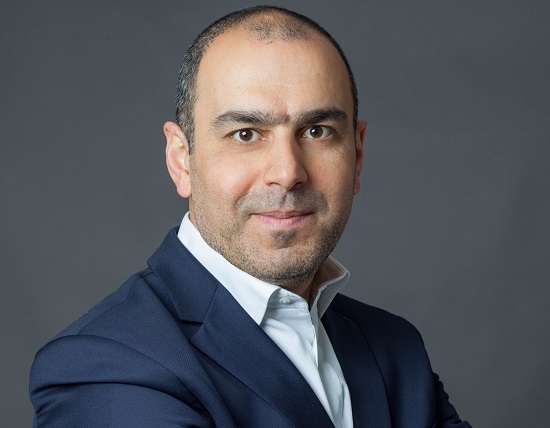Netting regulations boost Argentine OTC derivatives and repo markets

By Pablo J. Gayol, partner at Marval, O'Farrell & Mairal
The Argentine capital market has been in turmoil since Argentina requested the assistance of the IMF last year, following a run against the Argentine Peso and the impossibility for the government to obtain financing from the capital markets. However, even in the midst of this financial crisis, the cross-border derivatives and repurchase markets have been active. This activity is the result of new laws and regulations1 which allow the enforcement of close-out netting provisions in OTC repo and derivatives transactions, even in insolvency scenarios. These regulations are part of a policy by the Macri administration aimed at integrating Argentina with the global capital markets, and was initiated by the decision, in 2016, to allow Argentine residents to enter into derivatives transactions with foreign dealers without the need for Central Bank approval.
These regulations require that the derivatives are registered with a Register of Derivatives Transactions kept by an authorized market. Also, international banks need regulatory legal opinions on the new regulations in order to operate on a net basis in Argentina. Therefore, over the last few months, most international derivatives and repo traders have been putting in place their legal and operative structures to be able to trade with Argentine counterparties: opening an account with the Register of Derivatives Transactions, obtaining legal opinions, and executing and negotiating the ISDA and ICMA Master Agreements with local counterparties. As these structures are being finalized, the derivatives and repo market will start to pick up, especially with interest rate and FX swaps and cross-border repos to financial institutions.
Another sector in which activity is growing is the distribution of foreign securities and funds to individuals through local broker dealers. The new regulations on broker dealer services have allowed them to provide investment advisory services to clients and to place orders outside Argentina. This has facilitated access to global markets to local individuals. The market would receive an additional boost if mutual funds regulations are changed to allow them to invest a larger share of their assets in foreign securities. This is expected to happen sooner rather than later, since the regulator has already called for comments on proposed regulations for mutual funds aimed at qualified investors, which will not be subject to mandatory minimum local investment requirements.
1) Law 27,440 and Regulation 775 of the Comisión Nacional de Valores, the Argentine equivalent to the Securities and Exchange Commission.
This article features in the Americas Securities Finance Guide 2019. Read the full guide here.
Found this useful?
Take a complimentary trial of the FOW Marketing Intelligence Platform – the comprehensive source of news and analysis across the buy- and sell- side.
Gain access to:
- A single source of in-depth news, insight and analysis across Asset Management, Securities Finance, Custody, Fund Services and Derivatives
- Our interactive database, optimized to enable you to summarise data and build graphs outlining market activity
- Exclusive whitepapers, supplements and industry analysis curated and published by Futures & Options World
- Breaking news, daily and weekly alerts on the markets most relevant to you



